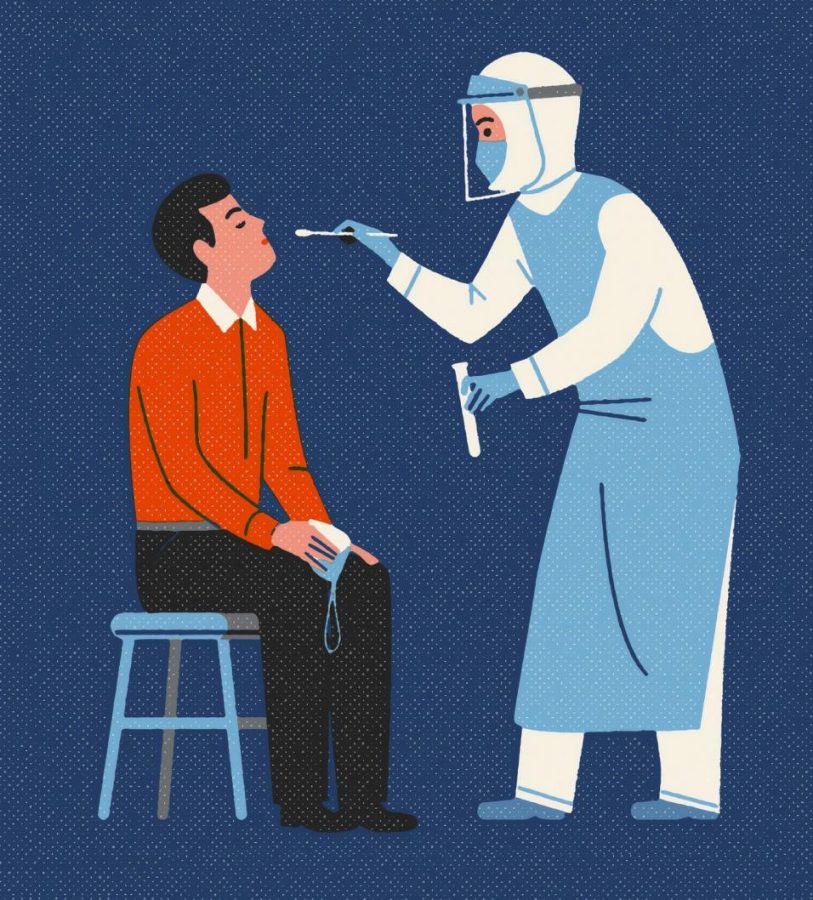City remains in stage four: drought disaster from MWSU Campus Watch on Vimeo.
The city of Wichita Falls and surrounding areas are in serious need of rain and have been for the past seven years. The city is under stage four drought restrictions and KAUZ Meteorologist Jake Reed said tighter restrictions are not the only issues the city is facing.
“The biggest issue or impactful thing we face is, is there going to be rain or is there not going to be rain. Because if there is no rain you can still have as many restrictions as you want but you’re still going to see that combined total decrease because the fact is you’re not putting water into the lakes, you’re still taking it out and that level is going to drop,” Reed said.
Restrictions under stage 4 include a total ban on all outdoor irrigation, and no washing sidewalks, driveways, or structures. The surcharge triples for any amount of water used over 10 units in a household. That amount is $3 per unit used over ten units. This charge increases as additional units are used. Associate geosciences professor, Rebecca Dodge said she agrees with the restrictions and realizes more is going to have to be done to help with the water shortage.
“What the county and city have been doing and need to keep doing is just looking for ways to extend the life of that water as long as possible,” Dodge said.
Combined lake levels totals of Lake Arrowhead and Lake Kickapoo as of March 3 sit at 26.9 percent. City officials say stage five restrictions will go into effect once those levels hit 25 percent. Reed said certain weather patterns will get us to that percentage more quickly.
“If we were to have a few weeks of very dry conditions with no rain, above average temperatures and above average winds those totals could really come down in quite a hurry,” Reed said.
But as Reed said conservation can only go so far if there is no rainfall. He said the bottom line is we need a saturated ground.
“We need it to be saturated because all the excess rain will then run off into the lakes. If we stay dry all that rain is just going to absorb into the soil and you’re not going to get that runoff that goes down into the lakes.”




















